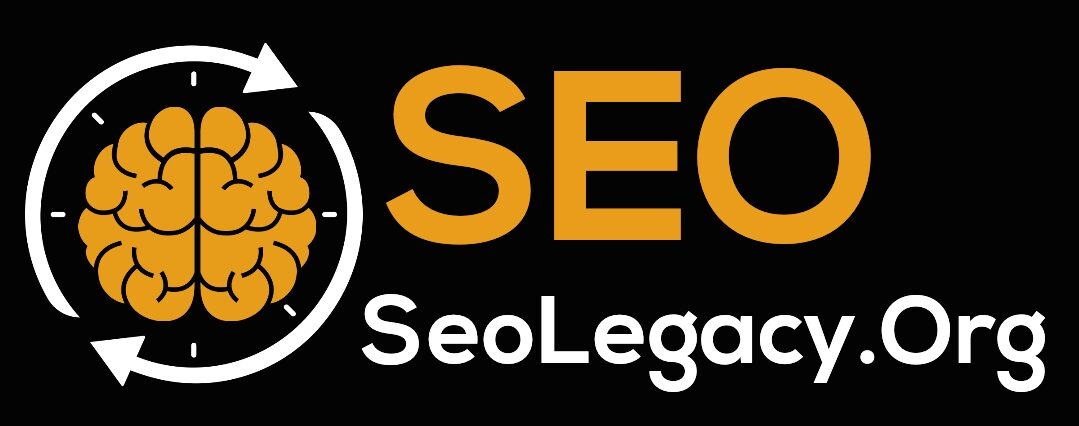Google’s Hummingbird Update: How It Changed Search
Realize what Google Hummingbird truly was and perceive what Googlers and SEO specialists make sense of the mean for it ultimately had on search.
Google Hummingbird was a revamp of Google’s algorithm that intentionally expected the necessities of looking on cell phones, specifically by empowering conversational pursuit.
Hummingbird set up for sensational advances in search.
Google never distributed an explainer of what Hummingbird was.
Nonetheless, there are records of Googlers making sense of what it is.
We should investigate what Google’s Hummingbird update did, what it meant for regular language search, and what Googlers and SEO industry specialists needed to say about it.
Google Hummingbird
The Google Hummingbird update was instituted in August 2013 and reported one month after the fact, in September 2013.
The Hummingbird update has been depicted by Google as the greatest change to the calculation beginning around 2001.
It was likewise depicted by different Googlers as a complete change of the center calculation.
However, notwithstanding the size of this update, the quick impact was unobtrusive to such an extent that the update was generally inconspicuous.
It appears to be disconnected for an update to be both wide-scale and unnoticeable.
The inconsistency, in any case, is made more reasonable when Hummingbird is considered the beginning stage for resulting rushes of developments that were made conceivable by it.
The update was called Hummingbird since it is said to make Google’s center calculation more exact and quick.
We as a whole realize what quick means.
Apparently the main piece of Hummingbird is “exact” on the grounds that accuracy is about precision and being definite.
As you’ll find in the accompanying connected discussions by Googlers, Hummingbird empowered Google to be more exact about what a question implied.
What’s more, by creating some distance from matching keywords in a question to catchphrases on a website page, Google turned out to be more exact about showing pages that matched the point inborn in the inquiry.
Former Google Software Engineer Matt Cutts depicted Hummingbird as a modify of the whole center algorithm.
That doesn’t mean it was a pristine calculation yet rather the center algorithm was revised such that causes it ready to improve.
Certain individuals consider Hummingbird a part of Google’s center calculation, similar as Panda and Penguin are portions of the center algorithm.
Matt Cutts clarifies that Hummingbird was not a piece of the center algorithm. It was a revise of the center calculation.
One of the objectives of the revise was to improve the center algorithm ready to match inquiries to pages and to have the option to deal with longer conversational inquiry questions.
When Hummingbird came out, some in the inquiry local area prompted that it very well may be really smart to change how content is written to match how searchers were looking.
Normal counsel was to change articles over to utilize more expressions like, how to.
While the counsel was good natured, it was additionally off track.
What Hummingbird did was to make long conversational pursuit inquiries reasonable to the web crawler.
In Matt’s model, Google was disregarding sure words to all the more likely comprehend what the inquiry question truly implied.
In the old algorithm, Google would attempt to rank a site page that contained every one of the words in an inquiry question, to do an in exactly the same words match between the pursuit question and the site page.
Matt was making sense of that Google was presently overlooking specific words to get the questions and afterward utilize that comprehension to rank a website page.
Hummingbird empowered Google to quit depending on matching keywords to website pages, and on second thought, center more around what the hunt question implies.
A portion of the things that Hummingbird was doing with search inquiries was modifying them by utilizing strategies like inquiry extension.
For instance, there are various ways of looking for exactly the same thing, utilizing various words.
Five different pursuit questions can be equivalent to one inquiry, with the main contrast being that they utilize various words that are equivalent words of one another.
With something like inquiry development, Google could utilize equivalents to widen the gathering of expected pages to rank.
After Hummingbird, Google was presently not definite matching keywords in search questions to watchwords in pages.
This was the sort of thing different that started occurring after the Hummingbird update.



